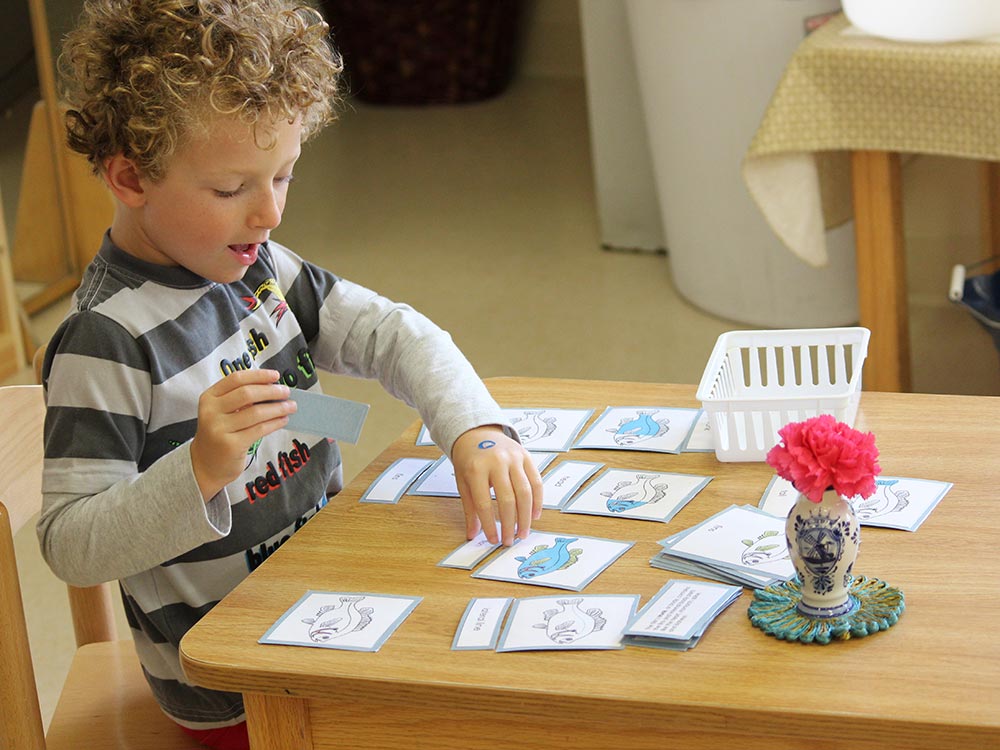Unveiling NASA's Hidden Strategy:
How Play Can Shape Astronauts to Reach Unimaginable Heights in Space Exploration.
When it comes to selecting candidates for their prestigious programs, NASA has never been afraid to ask unconventional questions. One such question that has caught the attention of many is, “How long do you play?” While it may seem peculiar to some, NASA’s fascination with playtime is backed by solid reasoning. In this blog post, we will dig deeper into why NASA values playtime in their candidate selection process and explore how learning-through-play with your child can have a profound impact on their future careers.
The NASA Connection: Unveiling the Importance of Playtime

When it comes to selecting candidates for their prestigious programs, NASA has never been afraid to ask unconventional questions. One such question that has caught the attention of many is, “How long do you play?” While it may seem peculiar to some, NASA’s fascination with playtime is backed by solid reasoning. In this blog post, we will dig deeper into why NASA values playtime in their candidate selection process and explore how learning-through-play with your child can have a profound impact on their future careers.
The NASA Connection: Unveiling the Importance of Playtime
Playtime has long been associated with children, but NASA recognizes that it holds immense value beyond childhood. By incorporating play into their candidate selection process, NASA seeks to assess important cognitive abilities that play can enhance.
When it comes to problem-solving skills, playfulness proves to be a valuable trait. Through play, individuals are encouraged to think outside the box, approach challenges from various perspectives, and find innovative solutions. It’s no surprise, then, that NASA values the correlation between a candidate’s playfulness and their ability to tackle complex problems in unique ways.
In addition to problem-solving, playtime promotes teamwork and collaboration. The ability to effectively communicate and adapt is crucial in NASA’s highly collaborative work environment. By assessing a candidate’s playtime, NASA gains insights into their propensity for teamwork and their potential to become strong communicators and adaptable team members.
How long do you play?
- NASA
The NASA Connection: Unveiling the Importance of Playtime
Playtime has long been associated with children, but NASA recognizes that it holds immense value beyond childhood. By incorporating play into their candidate selection process, NASA seeks to assess important cognitive abilities that play can enhance.
When it comes to problem-solving skills, playfulness proves to be a valuable trait. Through play, individuals are encouraged to think outside the box, approach challenges from various perspectives, and find innovative solutions. It’s no surprise, then, that NASA values the correlation between a candidate’s playfulness and their ability to tackle complex problems in unique ways.
In addition to problem-solving, playtime promotes teamwork and collaboration. The ability to effectively communicate and adapt is crucial in NASA’s highly collaborative work environment. By assessing a candidate’s playtime, NASA gains insights into their propensity for teamwork and their potential to become strong communicators and adaptable team members.
Learning-through-Play:
Fostering Future Careers
While NASA’s focus on playtime for candidate selection is intriguing, it is just as important for parents and educators to recognize the power of play in shaping children’s future careers. Let’s explore how learning-through-play can nurture invaluable skills that lay the foundation for success.
Creativity Unleashed: The Innovation Game
Playtime offers children the freedom to unleash their imagination and indulge in creative thinking. This freedom fosters innovation, encouraging children to think outside the confines of convention and explore uncharted territories. By embracing play, parents and educators create an environment that allows children to tap into their creative potential and find unique solutions to the problems they face.
Furthermore, playtime nurtures a willingness to take risks and learn from failures. As children engage in play, they encounter obstacles, make mistakes, and develop resilience to overcome them. This experience teaches children that failure is not an end but a valuable opportunity for growth and learning. By embracing failure as a natural part of play, children develop a sense of fearlessness and an appetite for calculated risk-taking, skills that prove instrumental in pursuing innovative paths in their future careers.
From Playground to Boardroom: Building Strong Communication Skills

Play-based learning provides an ideal platform for children to develop strong communication skills. Whether through storytelling or role-play, children learn to express themselves, articulate their thoughts, and engage with others effectively. The freedom to experiment with different roles and perspectives in a playful setting promotes empathy and fosters active listening skills, both essential for successful communication in professional settings.
In a world where effective communication is key, the foundation laid during playtime becomes crucial for future careers. Children who have honed their communication skills through play are more likely to excel in leadership positions, as they possess the ability to inspire and motivate others.
From Playground to Boardroom: Building Strong Communication Skills
Playtime provides children with countless opportunities to engage in problem-solving activities. Whether building blocks, solving puzzles, or engaging in imaginative play scenarios, children develop critical thinking and analytical skills that form the basis for problem-solving in their future careers.
Learning through play encourages children to approach problems with a curious and open mindset. They learn to break down complex challenges into manageable parts, analyze different options, and apply creative problem-solving techniques. These skills not only prepare children for the academic challenges they will face but also equip them with the resilience and adaptability required for problem-solving in high-pressure professional environments.
Mastering Problem-Solving through Play
Playtime provides children with countless opportunities to engage in problem-solving activities. Whether building blocks, solving puzzles, or engaging in imaginative play scenarios, children develop critical thinking and analytical skills that form the basis for problem-solving in their future careers.
Learning through play encourages children to approach problems with a curious and open mindset. They learn to break down complex challenges into manageable parts, analyze different options, and apply creative problem-solving techniques. These skills not only prepare children for the academic challenges they will face but also equip them with the resilience and adaptability required for problem-solving in high-pressure professional environments.
Real-World Examples: Success Stories from the Playtime Generation
The impact of playtime on future success is not just theoretical; real-world examples demonstrate its value. Drawing inspiration from NASA’s own astronauts and successful play-based educational programs, we can witness the accomplishments that playtime can unlock.
NASA's Astronauts: The Impact of Playtime on their Careers
When we think of astronauts, we envision individuals who embody the pinnacle of human achievement. Interestingly, NASA recognizes that a playful nature is often present in successful candidates who make it to space. This evidence further solidifies the importance of playtime in fostering cognitive abilities necessary for successful careers.
Childhood play can instill the curiosity, creativity, and problem-solving skills that are essential in the rigorous training and demanding tasks that astronauts face. NASA’s emphasis on playtime in their selection process acknowledges the vital role it plays in shaping candidates who are adaptable and resilient in the face of challenges.
The Success of Play-Based Educational Programs
Outside of NASA, numerous play-based educational initiatives have showcased the transformative power of play in children’s lives. One such example is the Montessori approach, which prioritizes hands-on, play-centered learning. Montessori-educated individuals have been known to excel in various fields, demonstrating the long-lasting impact of play-based education.
By incorporating play into their curriculum, these programs equip children with the skills they need to thrive in their future careers. Whether it’s encouraging imaginative play, collaborative projects, or problem-solving activities, play-based programs create an engaging learning environment that nurtures the talent of young minds and sets them on a path to success.
Conclusion
While the question of playtime during candidate selection may seem unconventional, NASA has a clear purpose behind it. By recognizing play as a powerful tool for developing critical skills, NASA aims to select candidates who possess the creativity, adaptability, and problem-solving abilities necessary for success in the challenging field of aerospace exploration.
As parents and educators, it is our responsibility to understand and cultivate the invaluable role of play in shaping children’s future career prospects. By embracing play, we have the opportunity to unlock the potential within each child, unleashing their creativity, fostering strong communication skills, and equipping them with the problem-solving abilities they will need to excel in their chosen career paths.
So, the next time someone asks you how long you play or why you let your child play, proudly proclaim the power of play and the wonders it can do for their future careers.
Unleash the Power of Play with
Montessori Learn-Through-Play System
- Fighting Over Screen Time? Try This 30-Minute Mom-Friendly System Instead!
- From Bored to Engaged: Discover the Secret to Keeping Your Child Entertained
- Complete Learning Package: A Comprehensive Hands-On Learning System For 2-6 Year Olds!
- Unlock the Power of Tomorrow: Transform Your Child's Skills Today!
- Set For Success! Scientifically-Backed System For Holistic Development And Lifelong Achievement.

